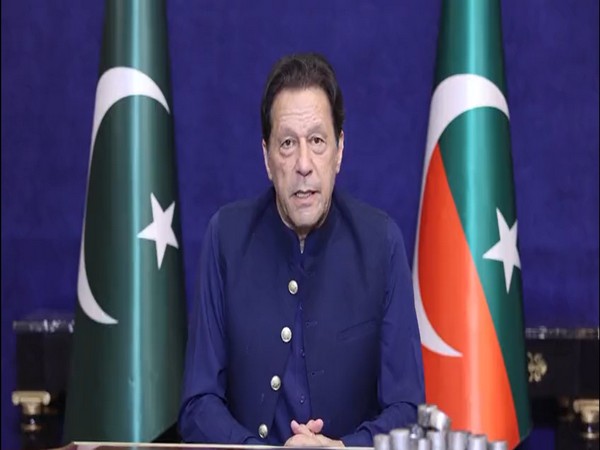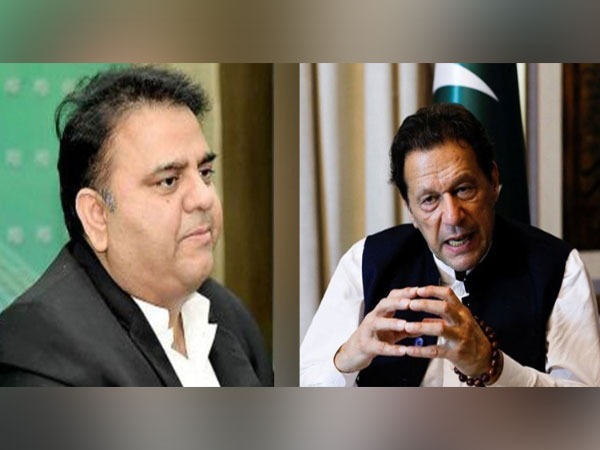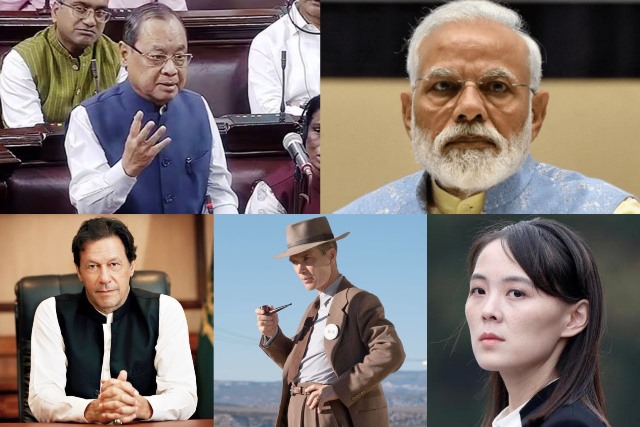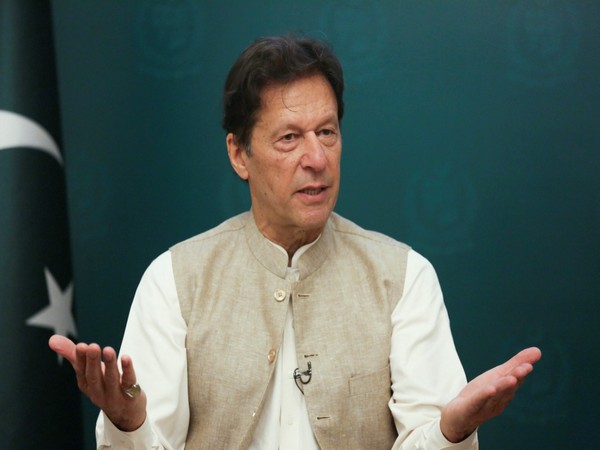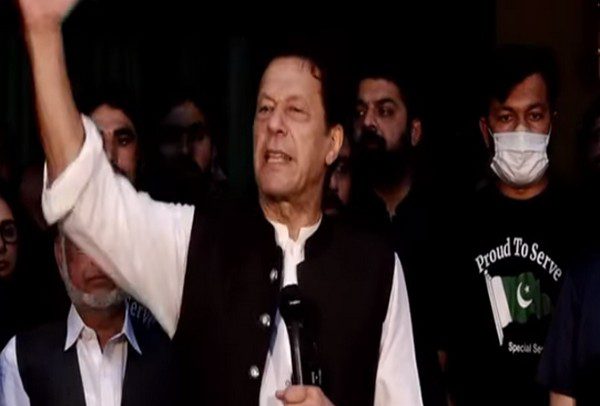The convenient distancing from the 2008 Mumbai terror attack mastermind Tahawwur Husain Rana on the ground that his Pakistani citizenship had ‘lapsed’ once he became a Canadian national has nevertheless brought the focus back on terrorism.
Not the least, because on the same day, April 10, an attack launched on the Masroor base of the Pakistan Air Force (PAF) in Karachi was foiled. Nine armed militants were arrested, a report in The News daily said.
The report officially announced details of ‘terrorists’ belonging to Tehreek-e-Taliban Pakistan (TTP) ‘trespassing’ the Pak-Afghan border, “prepared to die” with plans to “take control” of the strategically vital air base. The attack had been planned for “close to 13 months”.
It said the militants’ commander “allegedly has a safe haven” in Afghanistan and gave by-now familiar reasons of the militants, incidentally Pakistani citizens, ‘trespassing’ the border and that their ‘financial requirements’ were taken care of by “intelligence agencies of enemy countries.”
The “planned terror attacks” by those “prepared to die” will ring a bell for those who recall the 2008 events, except that the Indians were caught napping and the ten youths who had arrived by boat from Pakistan played merry hell with Mumbai, killing 166 and damaging property estimated at $1.5 billion over three days.
Pakistan’s ‘establishment’ – the short-hand term for its powerful military and intelligence agencies – will feel relieved at the TTP’s failure at the air base. It may also congratulate itself that after 16 years’ efforts, all that the Indians, who had tried, convicted and hanged the sole terrorist Ajmal Kasab, have only got Rana, whom Pakistan can disown. On the other hand, their homegrown masterminds of Lashkar-e-Toiba (LeT) are safe at home, in and out of jail as required to hoodwink the United Nations and the world community. Their nuisance value as ‘assets’, well-known by now, is curbed for fear of global sanctions. So far as Pakistan is concerned, the Mumbai story rests there, comfortably.
Rana is but a consolation prize for India, having only symbolic value. He was no more than a facilitator of Daud Coleman Hadley, the US’s double agent who, too, had only facilitated the LeT-executed operation. Rana will stand trial in an Indian court amidst much domestic brouhaha, and probably end up on the gallows.
But the chicken has come home to roost in Pakistan. Besides the TTP, more groups are actively challenging the state, especially along the China-Pakistan Economic Corridor (CPEC), from the Khunjerab Pass in the north to the Gwadar port in the south.
Balochistan has become volatile. Last month, the Balochistan Liberation Army (BLA) militants ambushed an entire train carrying 440 passengers. By mid-March this year, Pakistan has seen a dramatic rise in terror attacks, with 179 incidents so far, 255 security force fatalities, surpassing the 2024 toll in the same period.
Like its midwife, the ‘establishment’, armed militancy has also become ingrained in Pakistan’s body politic. Although an Indian-eye-view of Pakistan, writing this is sad about a nation. Politicians – of course, with their legislatures functioning amidst a full display of power games – come and go. Witness the present, rather prolonged, phase of political instability and economic distress.
Two mainstream political parties have combined to keep the third one out. All three have hobnobbed with the establishment at one time or the other and owe their electoral victory, and ironically, also the defeat, to it. Only, the victor of the day denies it all when the loser(s) hurl accusations. In Pakistan’s scheme of things, hammam ke andar sab nungey hain (Everybody is naked in the bathroom) – and everyone knows it.
ALSO READ: Making Sense Of Pakistan Current Chaos
Creating new hope of preserving Lahore’s cultural heritage on one hand and giving a “political push” in Balochistan is Mian Nawaz Sharif. The country’s longest-serving prime minister, for nine years, has been ousted thrice. Each time, his dismissal, embellished by graft charges and followed by imprisonment, has been ‘managed’ or ‘engineered’ by the ‘establishment’, it is widely believed and written about. Under Pervez Musharraf’s leadership, it staged a coup and saw him out of the country for nine years. But Zulfiqar Bhutto, undoubtedly, is an earlier and a better example, since his hand-picked Army Chief, General Ziaul Haq, had him hanged. So also, daughter Benazir, assassinated under Musharraf’s watch.
Take the establishment’s current bête noire, Imran Khan. Like the Bhuttos and Sharifs at one time or the other, his political pitchfork happened when the establishment decided to use his name and fame as a handsome cricketing hero who remains among the most well-known Pakistanis outside the country. The idea was to cut down the Bhuttos and the Sharifs to size.
This was a cardinal mistake, it is loath to acknowledge. Khan made too many mistakes and showed himself as an unreliable maverick. In politics, he took himself rather seriously, more than the more seasoned Bhuttos and Sharifs would have, or do. A civilian messiah under the military is not on.
The establishment was not ready for a western-educated man, enjoying the charisma of a world-class cricketer and once married to a British heiress, also adapting to the ways of the conservative Muslim clergy with open empathy for the Taliban. Worse, a third wife with supposed spiritual powers. The ‘Kaptan’ cannot be easily slotted, and hence is difficult to politically slaughter.
Khan, despite his British connections, developed strong anti-West postures. Voted out of power – some credit it to the US for the ‘offence’ of meeting Russia’s Putin on the day the latter launched his Ukraine campaign – Khan turned a huge America-baiter. There was and there is no verifiable evidence to show. But he called the Americans names at public rallies, something none of his predecessors had done. His conciliatory denials from the jail do not appear to have cut much ice with Washington.
Khan’s supporters attacked key army offices in May 2023 when he was arrested. That included the destruction of a museum where war trophies won during the 1965 conflict with India. For Pakistan’s military, this was the last straw.
The establishment did not bargain for Khan’s charisma and popularity, especially among the rising and vocal middle classes who are seeking a change away from the older lot. To its chagrin, Khan retains much of it, adopting guerilla tactics from the jail, even ready to talk, but ‘his’ terms, with the current army chief whom he once targeted.
Despite being in jail for almost two years and slapped with multiple convictions, Khan supposedly retains his political constituency, plus support of the younger soldiers. His continued popularity despite curbs is by itself a testimony of the failure of the Bhuttos and the Sharifs who occupy top constitutional offices at the federal level, besides the chief ministership of the powerful Punjab province.
Khan has a strong lobby abroad. Now his supporters, projecting him as a prisoner of conscience, his human rights curbed, have nominated him for a Nobel Prize.
Keeping him in jail has not worked, and letting him out is risky.
How to solve a problem like Imran Khan that, as the political saying goes – and with ample justification – in a country that is governed by “Allah, Army and America” – not necessarily in that order?

